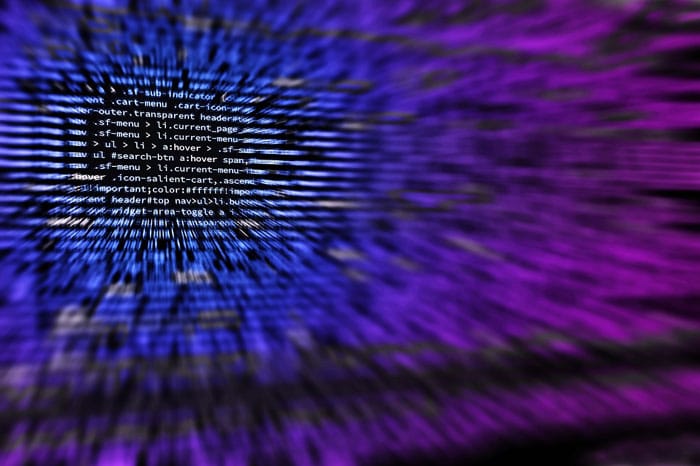
To become a digital forensics professional, you will need certification, and this post will guide you through the process of getting it.
Digital forensics is an emerging field, and its popularity is due to the increase in cybercriminal practices.
If you are interested in taking a career in this field and obtaining a certification, there are a number of things you need to know about digital forensics:
What is Digital Forensics?
Digital forensics is a branch if forensic science dealing with the identification, recovery and investigation into materials found in digital devices relating to computer-based crimes.
A lot of organizations are employing the services of digital forensic experts to gather information and evidence against intruders and also identify them.
Digital forensics, which is also called computer forensics, has over the years expanded to cover mass storage devices; an expansion which became necessary to accommodate the movement of digital crimes activities beyond the computer.
Digital Forensics Training Institutions and Certification
For quite a number of years now, digital forensics have become a major growth area since cybercrimes get to be reported, and there has been a steady rise in demand for digital forensics, which is good news to law enforcement officers and private professionals since nearly all police stations require the services of these experts with the needed certification and knowledge.
With increase in demand comes increase in the number of training institutions that offer digital forensics certification.
Though a number of them are not well recognized, bringing together a list of necessary certifications may become an enormous task. To a reasonable extent, some certifications stand out from the rest:
- The Certified Computer Examiner (CCE),
- Computer Hacking Forensic Investigator v8 (CHFI)
- Certified Forensic Computer Examiner (CFCE)
- Cyber Security Forensic Analyst (CSFA)
Since the treaty on cybercrimes was signed in 2004, the issue of training received enormous attention, forensic software companies and even individual commercial companies began offering certificate courses and programs in digital forensic analysis.
You can enjoy online programs, which are flexible and suitable for distant learning, and which afford you the opportunity to enjoy convenient learning from any location and offline training in institutions like the UK Specialist Investigators Training Facility.
The University of Rhodes Island, Penn Foster Career School, St Petersburg College Florida, Champlain University, University of Central Florida, Global Information Assurance Certification, Koenig Solutions LTD, and a long list of others are institutions offering such trainings.
While most candidates are prepared for entry-level work in the fields by these institutions, and are likely to come across basic instructions in computer crime, investigative tools, data forensics, and other rudimentary trainings, there are more advanced trainings that provide professional skills such as forensic accounting.
Most of the candidates interested in pursuing a career in digital forensics enroll for a program spanning two to four years.
With courses such as investigative techniques, computer ethics, mobile forensics, white collar crime, and even laws that bother on searching and confiscating digital properties.
Upon graduation, the candidate may choose the option of working in digital consulting, cyber security, criminal investigation or counterterrorism.
The entry level programs are designed for high school graduates and require a solid base in computer science, Mathematics, logic and statistics.
The advanced programs may require that you have a Bachelor’s degree in computer science and specific certifications and competencies, and in most cases prolonged experiences in computer programming.
Digital Forensics Professional Roles and Duties
It is important to note that digital forensics can be applied in refuting allegations brought before courts trying cases concerning electronic discoveries, and investigations relating to hacking, fraud, computer terrorism, data theft, DOS attacks, and other technological espionage.
Based on the technicalities of digital forensics, the field is divided into a number of branches depending on the gadgets involved.
These include network forensics, forensic data analysis, and mobile data forensics. They all practically involve the seizure, acquisition, and analysis of digital media to identify direct evidence to a crime and attribute same to suspected criminals to compare alibi, understand motive, authenticate documents, and identify sources.
Law enforcement agencies since the late 80’s had begun creating added units in their teams to take care of, and combat various cybercrime.
Although there began a high level demand for these experts, it was not until the early 21st century that the need for standardization was considered.
It is important that anyone going into the field of digital forensics pay attention to the standards while working on the field.
The Scientific Working Group of Digital Evidence (SWGDE in 2002 first initiated a paper titled “Best practices for computer forensic.
Another standard was published by ISO with number 17025 in 2005, while a European led treaty –The Convention On Cybercrime came into being in 2004 which 43 countries accented to in other to reconcile the national laws bothering on computer crimes, investigative techniques, and cooperation among member countries like japan, the UK, Canada, South Africa, the US, and some other European Union countries.
Digital Forensics Career opportunities
Career opportunities exist for digital forensics in financial institutions, like the stock exchange and banking sectors, as well as law enforcement agencies.
In addition, digital forensics professional may also be independent consultants to these institutions or full time staff.
Digital Forensics Professional Salary
Here, salaries are determined by experiences on the field and location, as well as the type of job one is involved in.
Annual mean salary is calculated at between $43,190 to 119,940 as estimated by the Bureau of Labor and Statistics.




